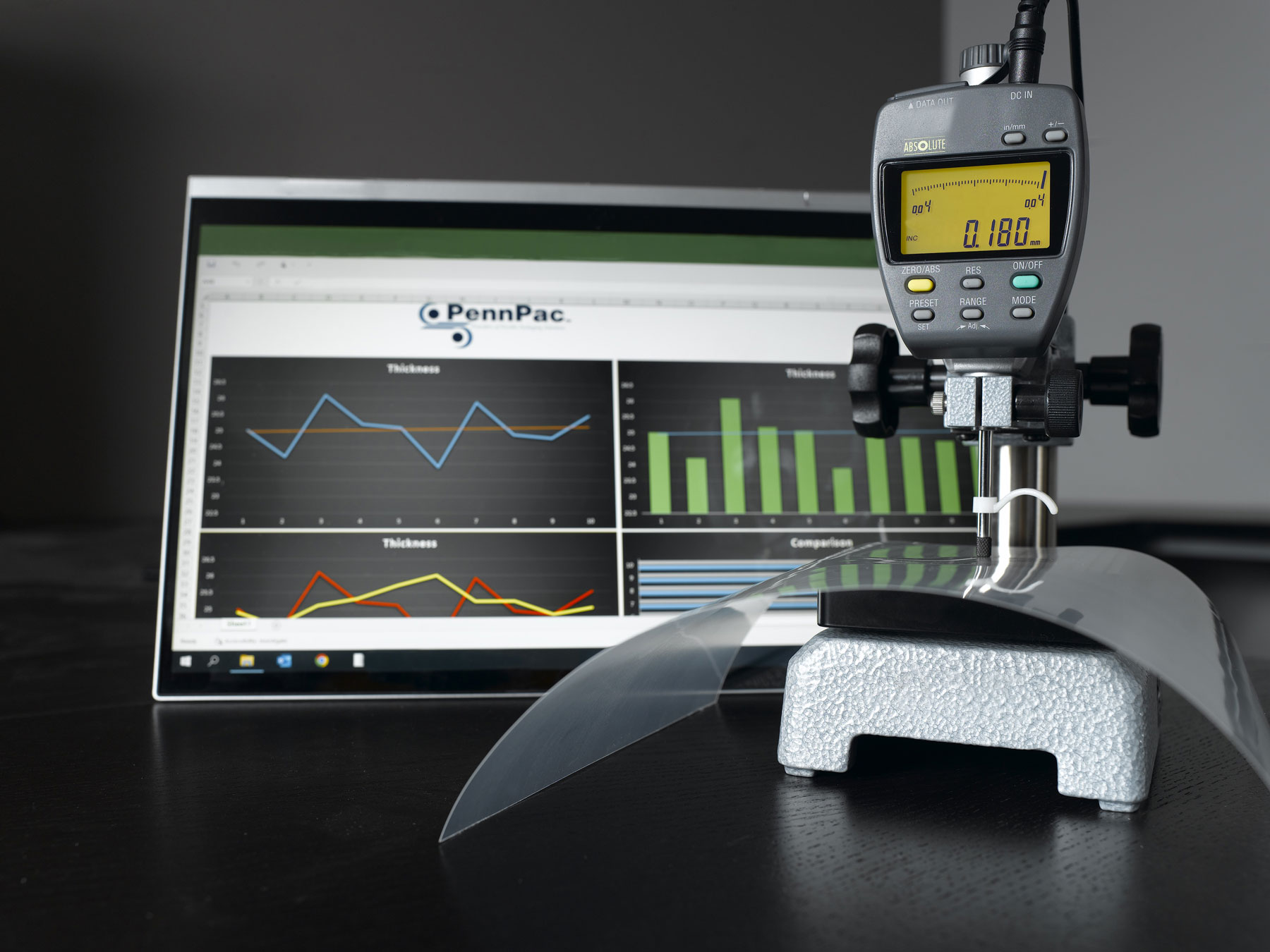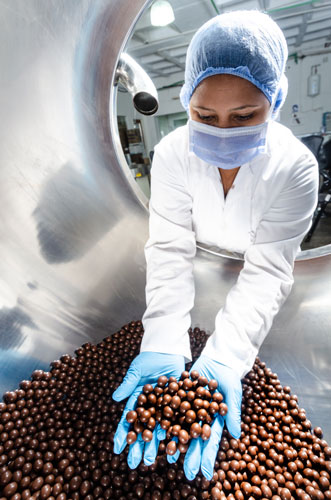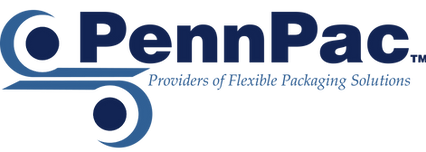
High-quality flexible packaging films have a critical role in the supply chain for many varied industries including food and beverage, healthcare, cosmetics, the list goes on. And there are a number of influencing factors that are currently driving growth in the flexible film market:
- Increased consumer demand for packaged food solutions, including single-serve items and products with longer shelf life
- Greater consumer demand for easy-to-use packaging (easy to open, non-tearing, resealable, etc.)
- Growing interest in eco-friendly packaging
- Desire for flexible packaging over rigid packaging, as it provides more efficient storage and distribution methods
- Growth of antimicrobial, sanitized packaging solutions for healthcare applications
- Greater interest in creative packaging designs that create brand awareness and boost sales
With this continued market growth comes the need for film suppliers to have a higher volume of film in stock and be able to accommodate faster delivery times, which are in high demand from flexible film packaging customers.
To stay competitive, however, suppliers can’t sacrifice the quality of films they offer. If they do, the results will be damaging.
The Consequences of Using Low-Quality Flexible Films
Using low-quality flexible film packaging can have several negative outcomes:
Reduced Shelf Life
Poor quality films won’t provide adequate protection against moisture, oxygen, and other environmental factors that cause degradation of a packaged product. The end result is shorter shelf life, spoilage, and compromised quality.
Product Contamination
Low quality flexible film packaging may not be able to protect against product contamination from microorganisms, dust, and other foreign materials. This can make food and beverage products unfit for consumption and it can result in health hazards for healthcare products that have strict safety and sanitization specifications.
Environmental Damage
If a film is considered eco-friendly but is manufactured with low quality, there’s an increased risk for damage to the environment because it’s not easily biodegradable or recyclable. So keep environmental pollution to a minimum by using high-quality films.
Loss of Consumer Trust
Low-quality films lead to low-quality product packaging. If unsafe or damaged products get into the hands of consumers, consumer trust is broken, and brand loyalty diminishes.
Overall, using low-quality films will have a negative impact on product quality, safety, shelf life, and environmental sustainability. That’s why it’s critical to invest in high-quality packaging solutions that ensure products are properly preserved and protected.

Ensuring High-Quality Flexible Films
There are several steps a film supplier must take to ensure the highest quality flexible films are used for their customers’ product packaging solutions.
Under the guidance of our Quality Assurance Manager, Eric Roth, PennPac has established strict safety protocols that allow us to not only source only the highest quality films but also to carry out all of our operations at the highest level of certified food safety standards. It’s how our organization maintained our position as a leading flexible packaging film supplier for 25+ years.
Vetted Film Suppliers
PennPac has established a stringent supplier approval program that ensures we receive high-quality plastic film from all of our vetted partners. Annual assessments take place that require recent Letters of Guarantee, Regulatory Statements, and updated specifications that ensure the quality of incoming film to our facilities.
State-of-the-Art Facilities
PennPac’s Manheim, PA and Piedmont, SC facilities are the foundation of our company’s focus on quality.
Our 65,000 sq. ft. Piedmont location opened in 2020 and has expanded our warehousing and slitting capabilities for customers. State-of-the-art equipment is utilized and carefully maintained in both facilities, and several new pieces of equipment were recently commissioned at both locations.
In addition, both our Manheim and Piedmont operations are AIB-certified. AIB International is an industry leader in food safety training and certification.
Safety Protocols
PennPac’s safety protocols are based on the HACCP (Hazard Analysis Critical Control Points) system, which is a globally recognized method used to identify and manage food-safety related risks.
Many leading manufacturers use the HACCP system as the foundation for their programs as well as for compliance with GFSI (Global Food Safety Initiative) audits. GFSI was established in 2000 in an effort to address global food safety crises. The coalition of organizations under GFSI oversee standards and help ensure food safety all over the world.
SQF Certification
As part of our continuous improvement efforts, PennPac recently received SQF (Safe Quality Food) certification.
SQF is another recognized standard for both international and domestic food safety regulations, and it’s highly sought out by retailers, brand owners, and food service providers. The certification ensures their products are processed and packaged to the highest standards across their entire supply chain, and that all industry regulations have been met.
Our Manheim facility has achieved SQF Level 2 certification, which reflects more rigorous benchmarks than an entry-level certification. And earlier this month, PennPac completed a successful SQF recertification audit for Food Packaging and are awaiting the final close out from the audit.
Achieving any type of SQF certification is a time-intensive process that reflects a serious commitment to food safety. At PennPac, everyone from the top down in our organization understands its importance. It’s our great food safety culture that sets us apart and ensures our day-to-day converting operations always put food safety and quality at the forefront.
Employee Training
Our quality-centric culture is also evident in the performance of our skilled and well-trained team members. Under the guidance of Eric, new employees undergo training in all aspects of food safety and quality. And ongoing training reinforces topics important to the industry and helps expand our team’s knowledge base.
More Safety Processes
There are a number of other programs that have become an integral part of our focus on safety here at PennPac. Here are just a few of them:
- Corrective and Preventative Action Program
- Internal Audits
- Product Trace, Withdrawal, Recall Plans
- Crisis Management Program
- Food Defense & Food Fraud Methods
- Allergen Management Program
- GMPs from Code of Federal Regulations
- Integrated Pest Management Plan
- Energy-Saving and Recycle Programs
Partner with PennPac for Your High-Quality Flexible Film
Contact our team today to learn more about our quality standards. Or, request a quote or request a film sample.
